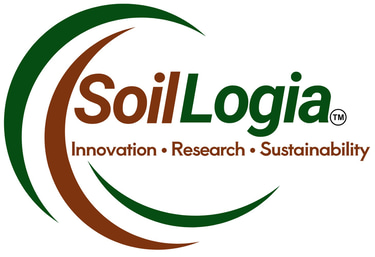

What is Soil Degradation?
Soil degradation, which includes the erosion, compaction, nutrient depletion, and contamination of soil, is a significant concern in the USA. Over 70% of U.S. soils are degraded to some degree due to unsustainable agricultural practices, urbanization, and industrial pollution. This degradation leads to diminished agricultural yields, reduced water quality, and the loss of critical habitats for wildlife.
A Call to Action
In the United States, decades of intensive farming practices, soil erosion, and chemical use have led to significant soil degradation. Approximately 50% of the nation’s topsoil has been lost due to erosion, compaction, and depletion of organic matter, threatening agricultural productivity and environmental quality. This decline in soil health contributes to reduced crop yields, increased greenhouse gas emissions, and diminished water quality as degraded soils lose their ability to filter pollutants and retain moisture.
From Soil Degradation to Soil Health


What is Soil Health?
Soil health is the continued capacity of soil to function as a vital ecosystem that supports plants, animals, and humans. Healthy soil sustains biodiversity, enhances water infiltration, improves nutrient cycling, and fosters resilient agricultural systems. Achieving soil health involves ameliorating its physical, chemical, and biological properties to ensure long-term productivity and environmental sustainability.
Why Soil Health Matters?
With increasing demands for food, fiber, and bioenergy, the need to restore and protect soil health is urgent. By enhancing soil health, we can boost crop productivity, reduce dependency on chemical inputs, sequester carbon, and build resilience against climate change impacts. Regenerative agricultural practices—such as cover cropping, reduced tillage, and organic amendments—can reverse degradation, replenish soil organic matter, and promote a balanced ecosystem.
Investing in soil health is not only vital for a sustainable agricultural future but is essential to ensure long-term food security, protect natural resources, and combat the impacts of climate change.
© 2026 SoilLogia, LLC. All rights reserved.
